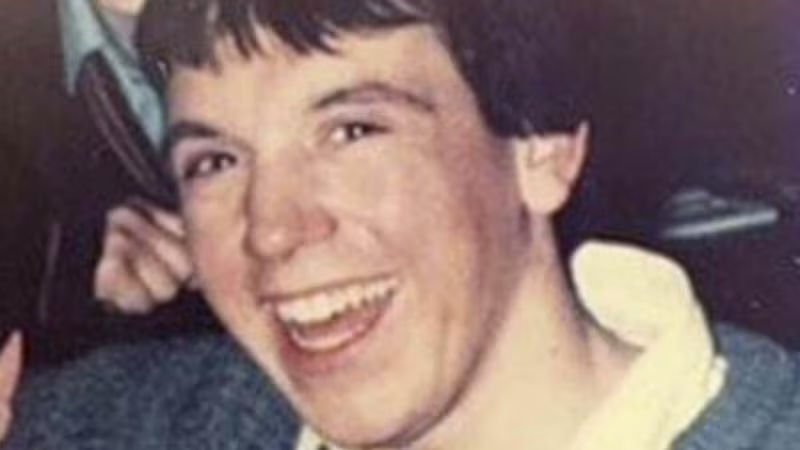
A former British soldier has been accused of shooting a County Derry man, even after he lay helpless on the ground, during an ambush by British Army special forces.
The allegation that the former soldier ‘finished off’ twenty-year-old Francis Bradley in February 1986 was made during an inquest hearing in Coleraine.
Known known as ‘Soldier C’, the alleged assassin repeatedly failed to answer questions about the ‘shoot-to-kill’ ambush which targeted Mr Bradley near Toome in County Antrim.
An inquest previously heard he had told of being threatened by police before he was killed. During the deadly ambush Soldier C fired 20 shots - all but one of the total rounds discharged.
It has emerged that the ex-soldier was also involved in other infamous ambushes during the conflict, including the SAS double killing of IRA Volunteers Martin McCaughey and Dessie Grew in October 1990, near Loughgall in County Armagh.
Mr Bradley’s younger brothers were present in court on Wednesday, and other members of his family attended the hearing through video link.
The former soldier, who was screened from public view during the hearing, refused to affirm a statement he made in 1986, which gives an account of the incident, including how he fired several bursts of gunfire as he moved towards Mr Bradley.
Soldier C claimed “privilege against self-incrimination” repeatedly in response to questions by barrister Karen Quinlivan about his failure to abide by ‘Yellow Card’ rules of using lethal force and of ‘finishing off’ Mr Bradley.
A recently disclosed letter of instruction by the lawyers representing the former soldiers to a medical professor also contradicts and raised further doubts about Soldier C’s evidence.
Even if one accepted Soldier C’s various accounts, Ms Quinlivan argued, at no point was there any justification for Soldier C’s decision to shoot and kill Francis Bradley.
Ms Quinlivan’s final question to Soldier C was a moving summary of the evidence heard in court today: ‘The worst aspect of all of this [is that] evidence clearly suggests that when he sustained fatal wounds, Francis Bradley was laying on his back on the ground. And you fired three shots on automatic into his abdomen, causing death.
“I’m going to suggest to you, Soldier C, that you executed Francis Bradley deliberately – knowing that he was seriously wounded, knowing that he posed no threat; but nonetheless, you decided to finish him off.’
In response Soldier C again said: “Privilege against self-incrimination”.
The inquest is scheduled to conclude this April.
![[Irish Republican News]](https://republican-news.org/graphics/title_gifs/rn.gif)
![[Irish Republican News]](https://republican-news.org/graphics/title_gifs/harp.gif)

